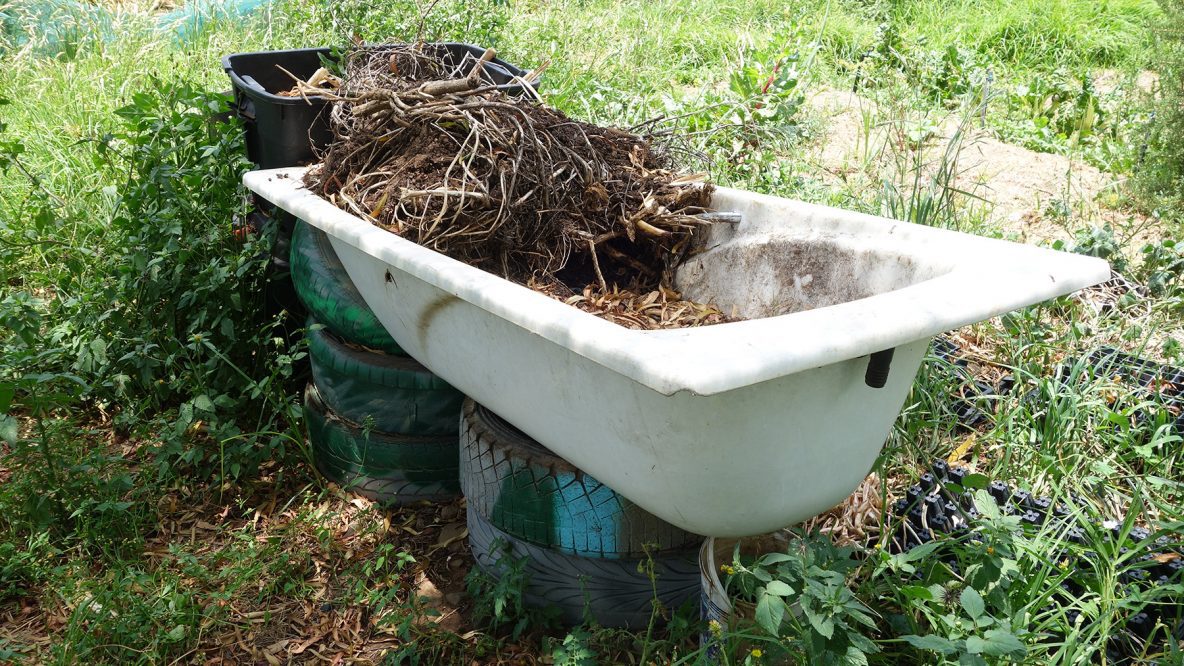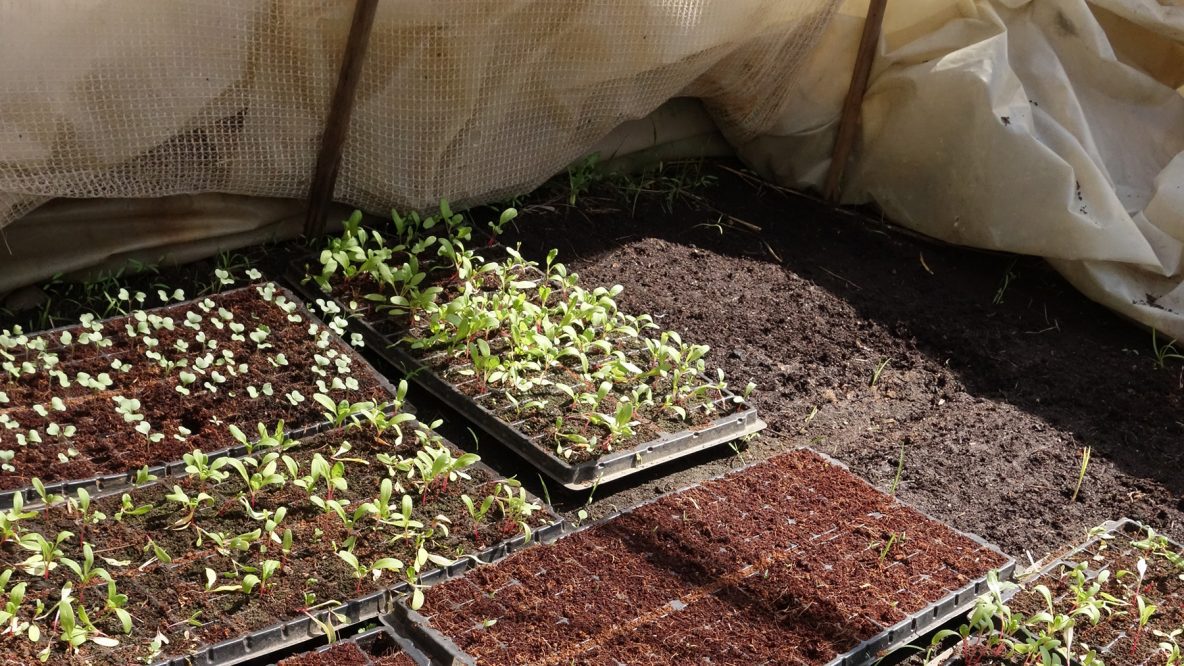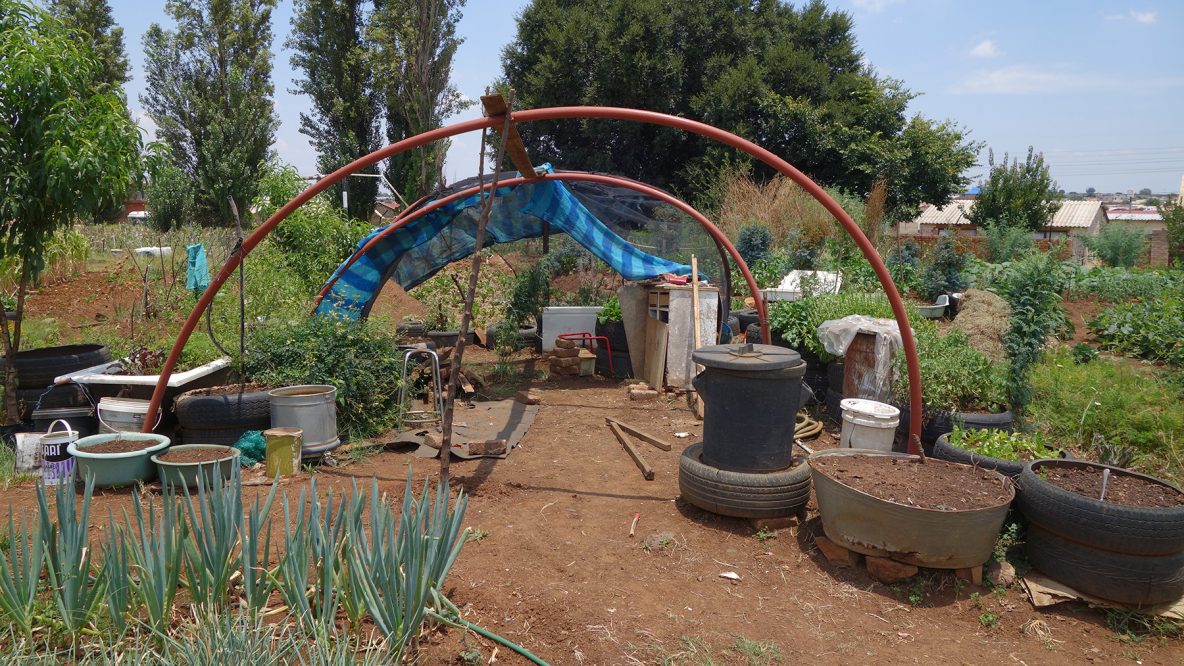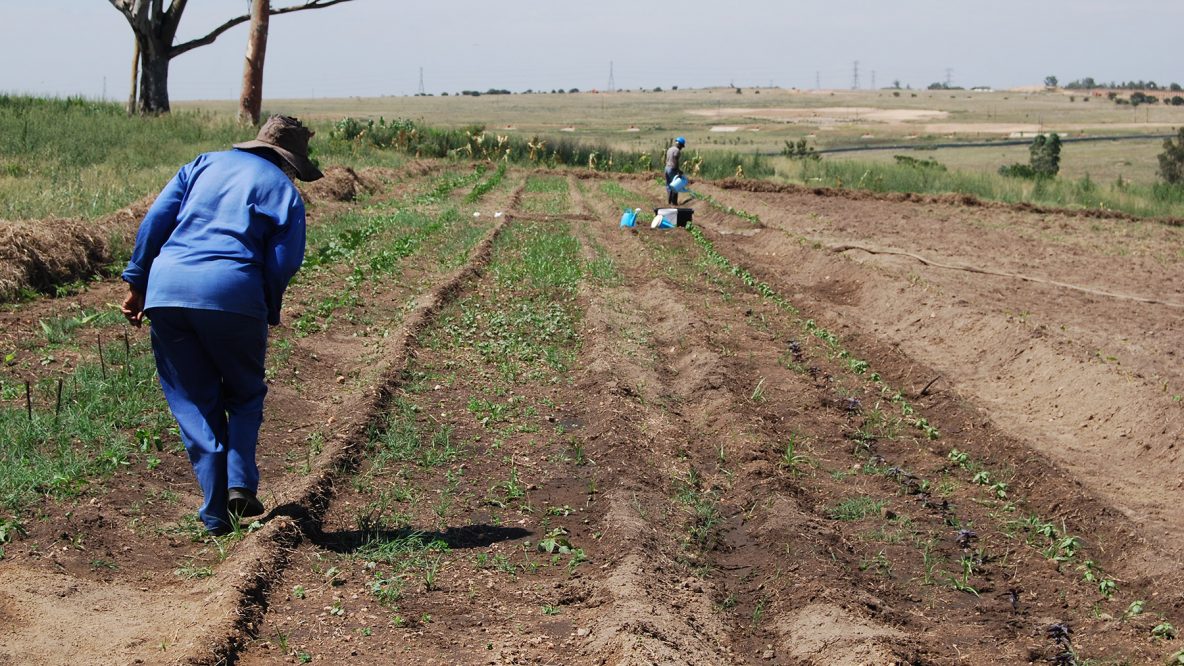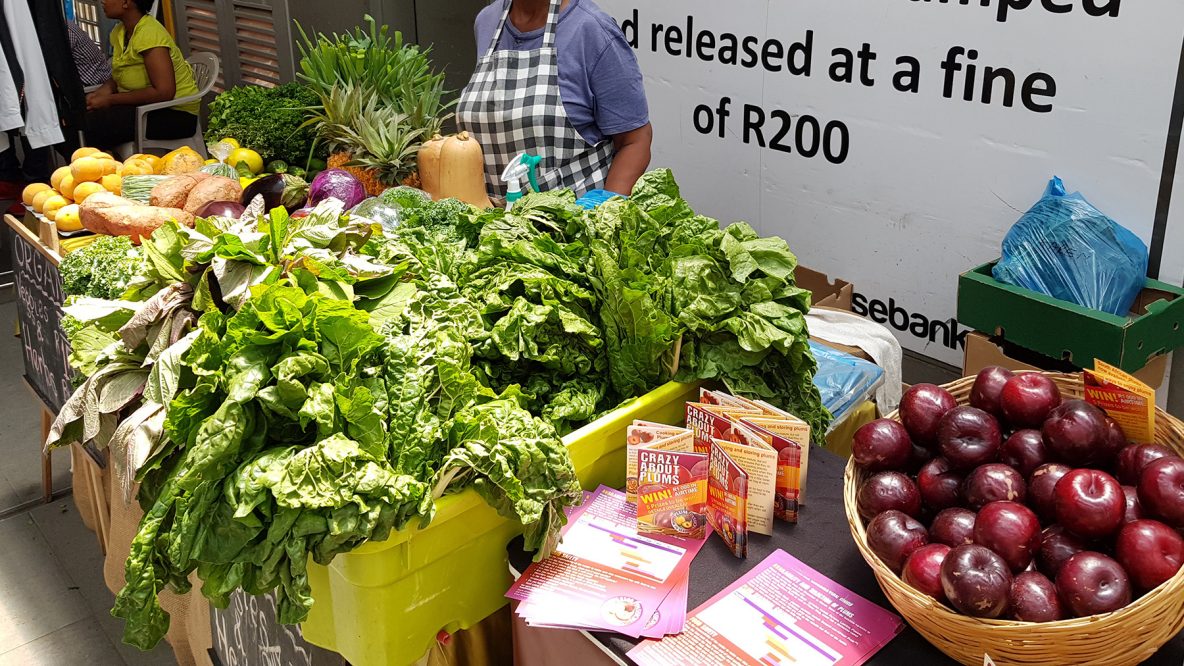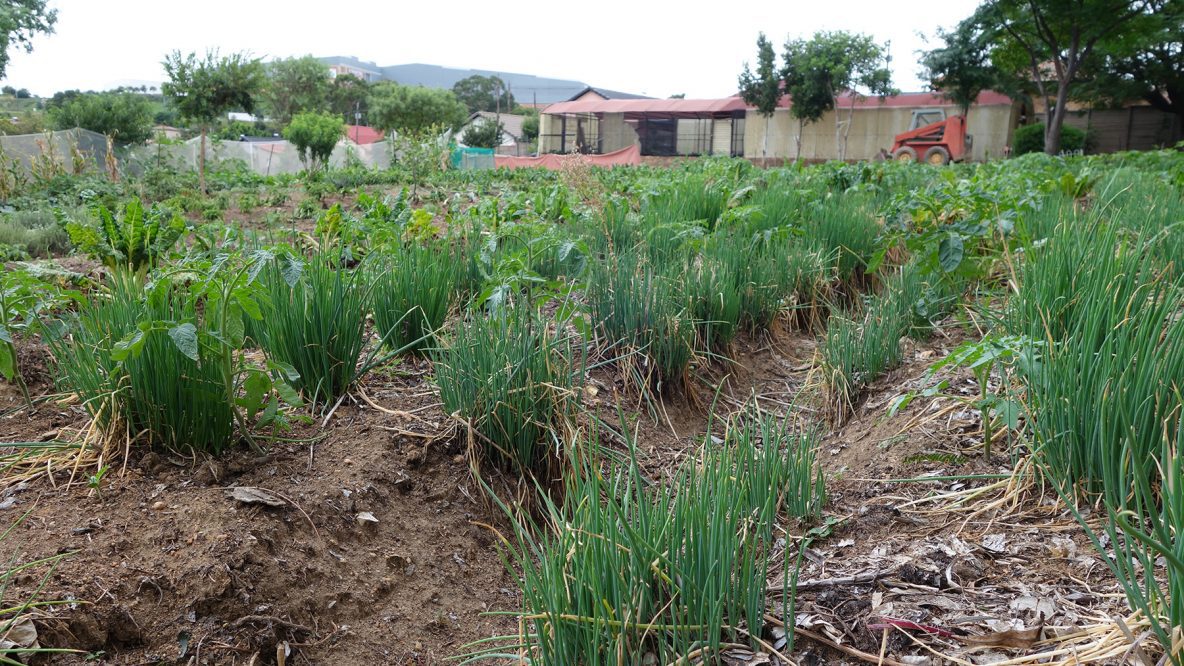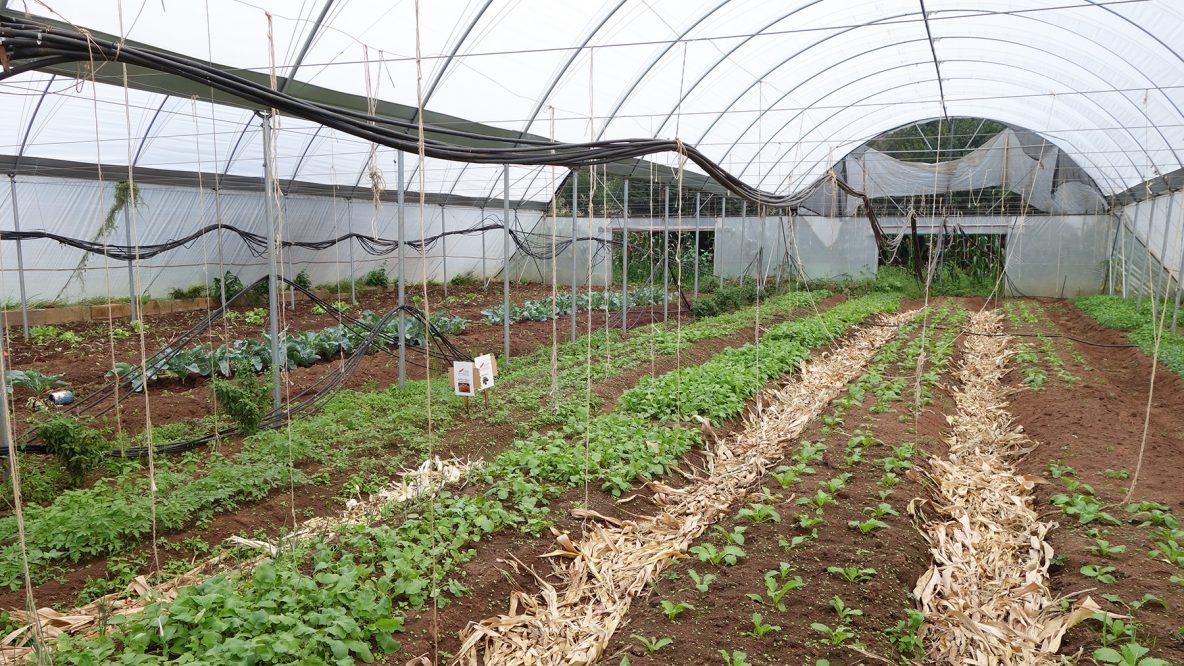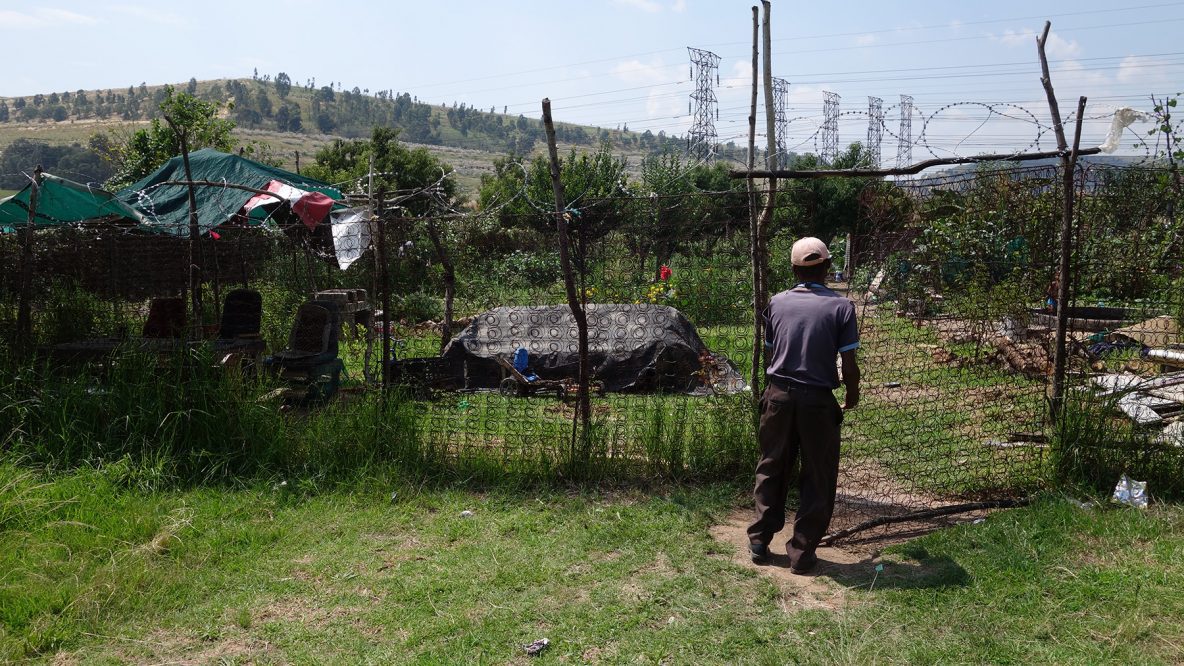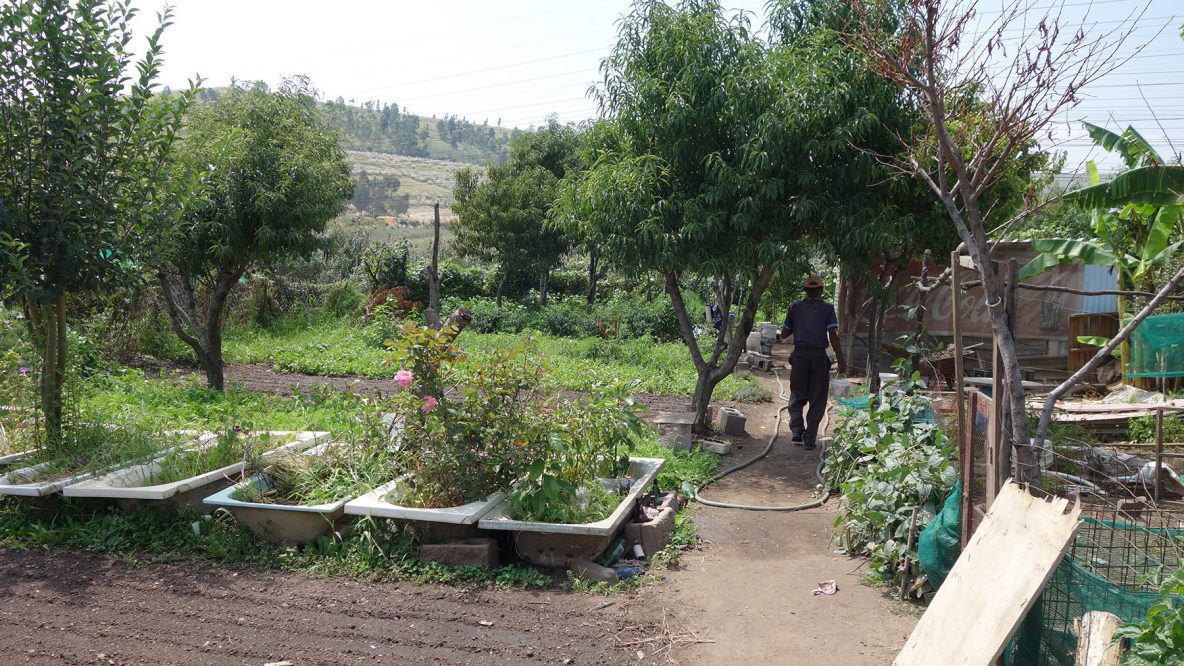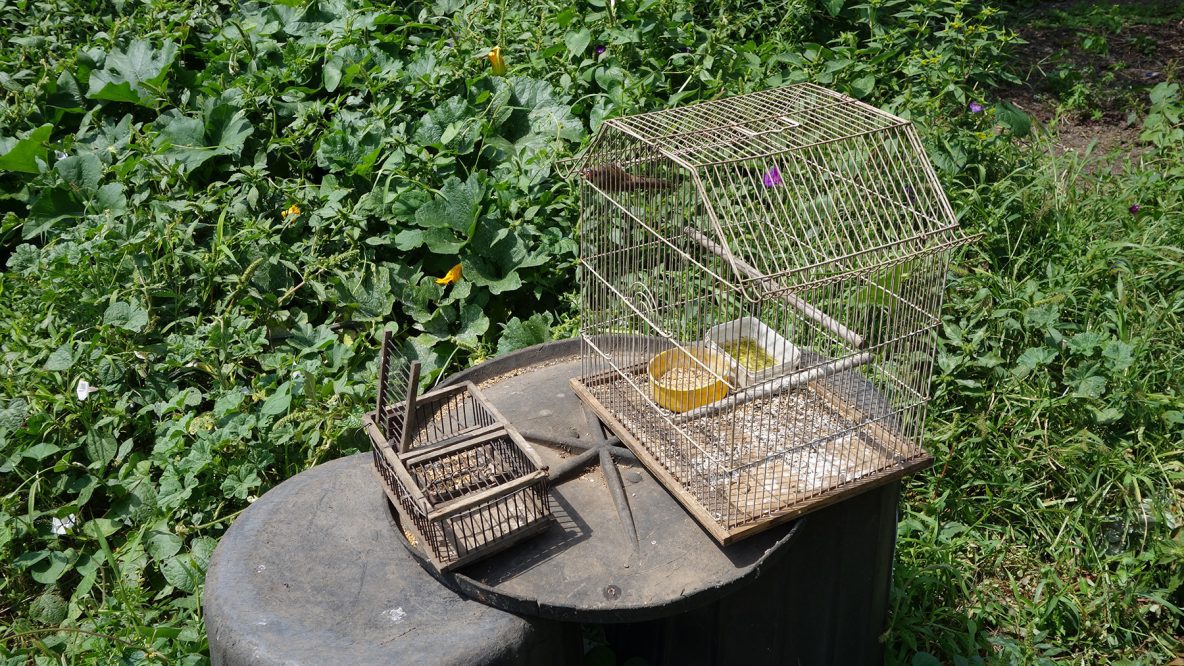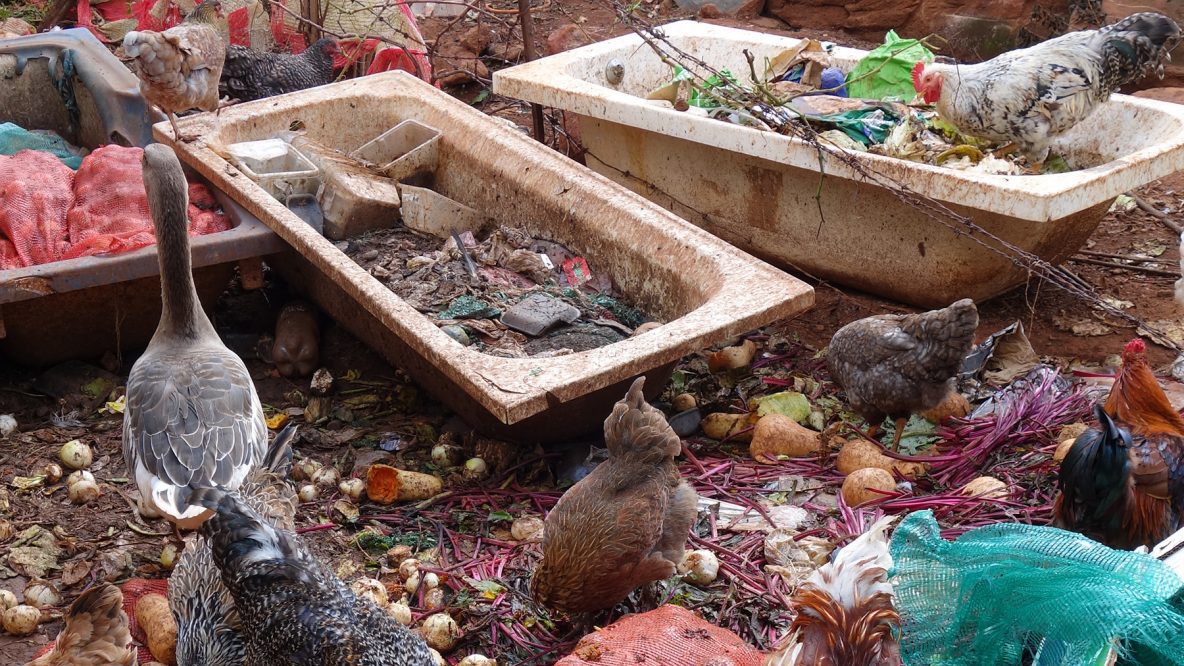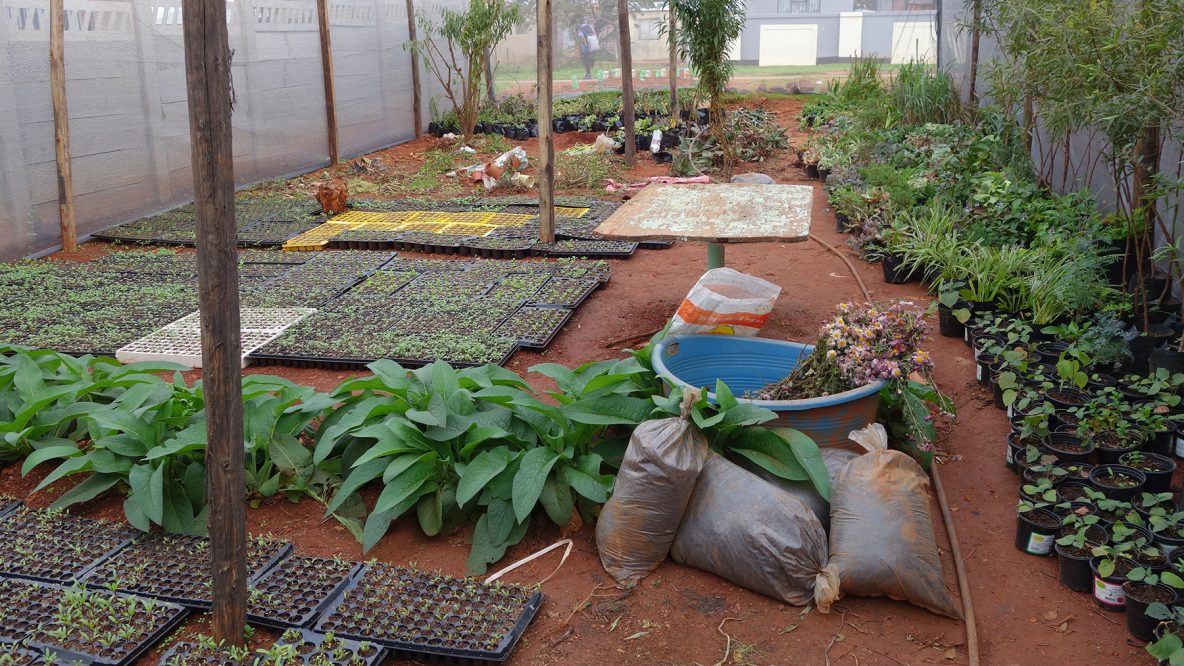Designing Development: An Exploration of Technology Innovation by Small-Scale Urban Farmers in Johannesburg was my Doctorate in Literature and Philosophy in Development Studies awarded in March 2021 by the University of Johannesburg. The project was supervised by Dr. Naudé Malan, Department of Anthropology and Development Studies, University of Johannesburg and Prof. Anna Meroni, Politechnico di Milano, Italy.
Overview:
Both the field of Development and discipline of Design were conceived from agendas of capitalist driven economic growth. Despite having to stand against this current, a minority of practitioners and academics in both these arenas have critically realigned their intentions towards more human-centred ideals. This Doctoral thesis adds new knowledge to this pursuit through the use of an original theoretical framework that combines both Activity Theory and the Capabilities Approach to systemically explore how people innovate technology. Within the complex Johannesburg food system, this study made use of an embedded multiple-case study of seven innovative small-scale urban farmers to explore why and how they innovate technology. The use of activity system modelling enabled the complex contradictions within and between the various aspects of the participant farmers’ technology innovation activity systems to become more evident. Despite significant capability limitations in terms of their own education, skills, land tenure and access to labour, it was found that the farmers’ innovated technology as a means to extend and function capabilities, particularly with regards to gaining more control over their material environments. However, there were trade-offs, and it was found that a few of the capability extensions were at the expense of other capabilities. The participant farmers’ actions were contextualised within the precarious positions that most of them found themselves as marginalised Black urban farmers in post-apartheid South Africa. Due to this, a key finding was that the participant farmers tended to seed their innovation activities from their social systems as opposed to their technical systems. Despite some of the innovations seeming to be relatively informal and piece-meal, this study was not about celebrating marginalisation or informality, it rather aimed to show that this is a starting point, with many of the farmers’ technological innovations highly appropriate and sustainable for their local contexts. Such a study was, therefore, beneficial in shedding light on South African grassroots innovation that has for too long remained on the margins of traditionally focused Research and Development in the South African National System of Innovation. For the field of Development, the combination of Activity Theory and the Capabilities Approach provides a practical way to operationalise the Capabilities Approach in a more human-centred way, with higher fidelity for the complexities of human lived experience. For both the field of Development and the discipline of Design, this study provides a pragmatic approach to explore the innovative/developmental/designerly actions of everyday individuals, which with appropriate intervention can then be amplified towards more endogenous, appropriate and positive change-making.
Keywords: Design, Development, Activity Theory, Capabilities Approach, Technology, Innovation, Urban Farming, Johannesburg, South Africa
Outcomes:
- National Research Foundation (NRF) of South Africa Thuthuka Grant No. 88030 held by Angus D. Campbell for Project: Designing Development: An Exploration of Technology Innovation by Small-scale Urban Farmers in Johannesburg, 2014 – 2016, R421,358
- Campbell, A.D. 2021. Designing Development: An Exploration of Technology Innovation by Small-Scale Urban Farmers in Johannesburg. Doctorate of Literature and Philosophy in Development Studies. Johannesburg: University of Johannesburg.

